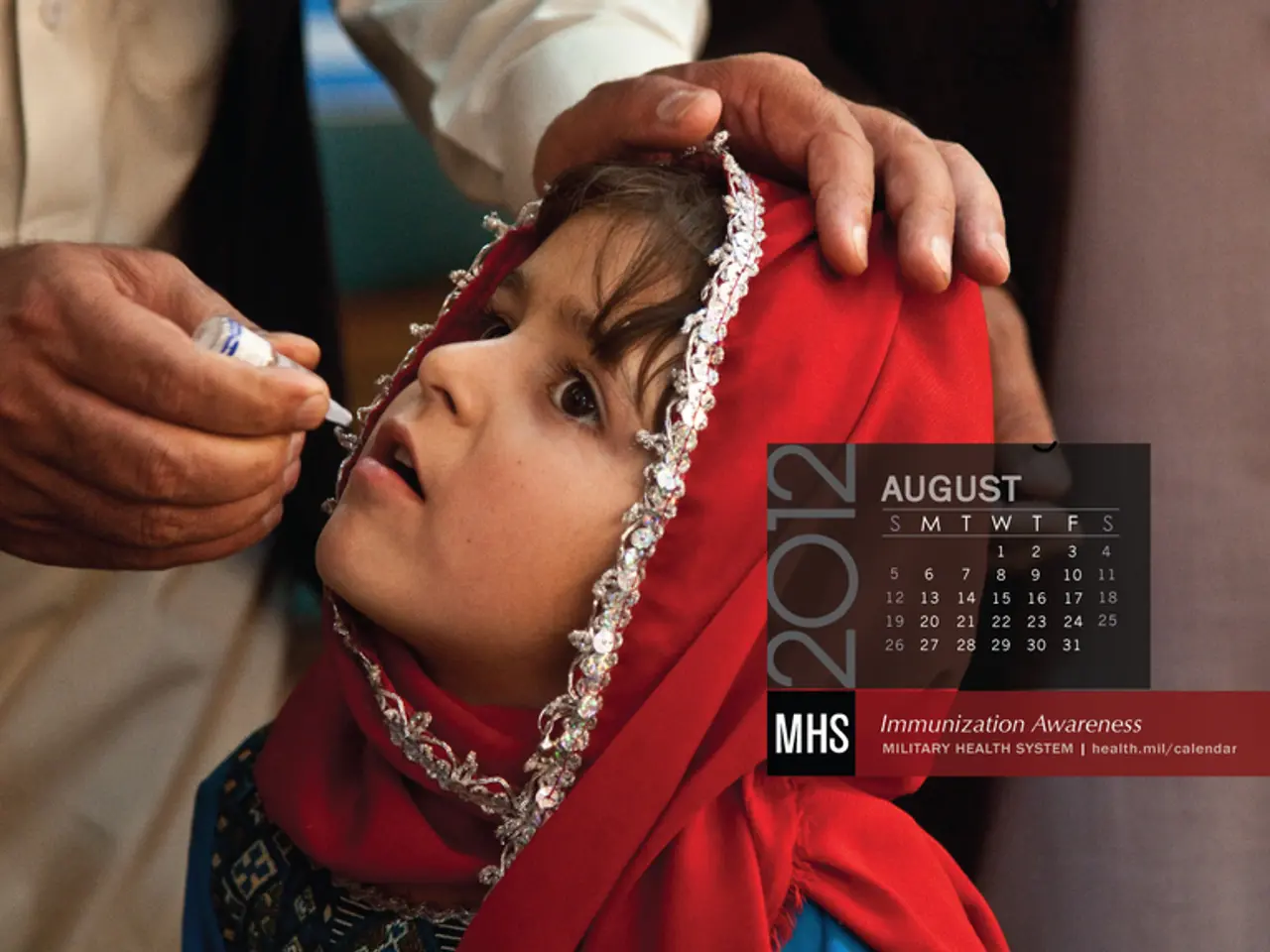Kazakhstan Reviews HPV Vaccination Programme to Combat Cervical Cancer
Kazakhstan is reviewing its HPV vaccination programme to better combat cervical cancer. The disease, caused by human papillomavirus (HPV), is a significant threat to women's health, with around 600 deaths annually. HPV can remain asymptomatic for years and is also a risk factor for other cancers in both men and women.
Currently, HPV vaccination is offered to adolescents aged 9-14, with two doses required and parental consent needed. However, the country is considering extending this to adults to further reduce the incidence of cervical cancer and improve public health outcomes. This comes as boys are also encouraged to be vaccinated, as they can be carriers and develop HPV-related cancers themselves.
Misinformation and fears about the vaccine's safety and necessity persist among parents, despite its proven effectiveness. HPV is transmitted through direct contact with skin, mucous membranes, and biological fluids, including sexually and non-sexually. Timely vaccination can reduce the risk of cervical cancer by over 90%, with the greatest effect before sexual activity onset. Globally, HPV is responsible for over 95% of cervical cancer cases.
Cervical cancer is the second most common cancer among Kazakhstani women, with the highest incidence between ages 40 and 44. By extending the HPV vaccination programme and addressing parental concerns, Kazakhstan aims to decrease cervical cancer cases and save lives.
Read also:
- Is it advisable to utilize your personal health insurance in a publicly-funded medical facility?
- Dietary strategies for IBS elimination: Aims and execution methods
- Benefits, suitable dosage, and safety considerations for utilizing pumpkin seed oil in treating an overactive bladder
- Harmful Medical Remedies: A Misguided Approach to Healing




